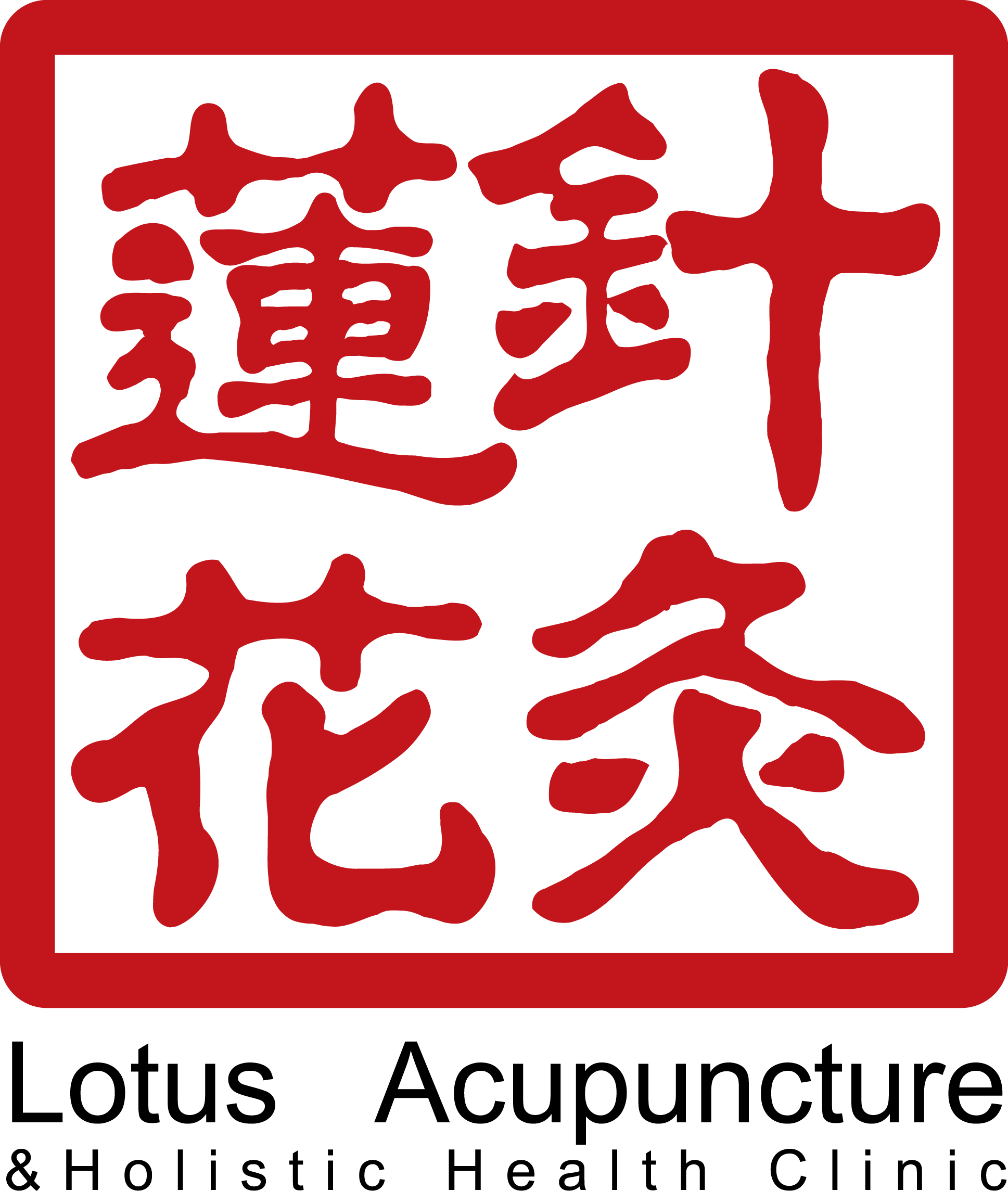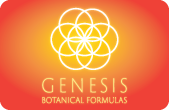 The Heart is an amazing organ. In Chinese Medicine, it is considered to be the most important of all the internal organs, sometimes described as the “ruler” or “monarch” of the internal organs. The “Simple Questions” in chapter 8 says: “The Heart is like the Monarch and it governs the Mind…” The Heart rules all the organs and is the residence of the mind.
The Heart is an amazing organ. In Chinese Medicine, it is considered to be the most important of all the internal organs, sometimes described as the “ruler” or “monarch” of the internal organs. The “Simple Questions” in chapter 8 says: “The Heart is like the Monarch and it governs the Mind…” The Heart rules all the organs and is the residence of the mind.
The Heart’s main functions are to govern Blood and blood vessels and to house the Mind.
The functions of the Heart are:
- To govern the blood
- Control the blood vessels
- Manifests itself in the complexion
- Houses the Mind
- Opens into the tongue
- Controls the sweat
In Chinese Medicine, Qi is the vital life force energy. In Western terms, you could liken Qi to the metabolism of the body or even ATP (Adenosine Triphosphate molecule) which is located in the mitochondria on the cellular level. According to Ancient Chinese, the transformation of Food-Qi (Qi derived from food) takes place in the Heart. They also believed the Heart is responsible for the circulation of Blood, just the same as in Western Medicine (although, in Chinese Medicine, other organs, notably the Lungs, Spleen and Liver, also play a role in the circulation of Blood).
A healthy Heart is essential for the proper supply of blood to all body tissues. When the Heart function is impaired, such as the Heart Blood is deficient, the circulation of Blood is slack and the hands may be cold.
The relation between Heart and Blood is important in another way because it determines the strength of an individual’s constitution. Although our constitution is primarily related to the Essence and the Kidney (Year of the Dragon and Health Related Issues), it is also partly determined by the relative constitutional strength of the Heart and Blood.
Therefore, if the Heart is strong and Blood is in ample supply and circulation is good, a person will be full of vigor and have a good constitution. Conversely, if the Heart is constitutionally weak and Blood deficient, a person will have a poor constitution and lack strength. In Chinese medicine, when I am feeling the pulses, I feel how strong the Heart is as well as the Blood supply in a patient. When looking at the tongue when diagnosing, I can see the constitutional weakness of the Heart. When I look at the ear, I can also tell how weak the Heart is in a patient.
In Chinese Medicine, the Heart is the residence of the Mind (Shen). Shen has many different meanings in Chinese Medicine. First, Shen indicates the complex of mental faculties, which are said to “reside” in the Heart. In this sense, the Shen corresponds to the Mind and is specifically related to the Heart. Secondly, Shen is used to indicate the whole sphere of emotional, mental and spiritual aspects of a human being. In this sense, it is related not only to the Heart, but it encompasses the emotional, mental and spiritual phenomena of all the other organs.
With this mental activity and consciousness “residing” in the Heart. This affects the mental activities including the emotional state. In particular, five functions are affected by the state of the Heart:
- Mental activity (including emotions)
- Consciousness
- Memory
- Thinking
- Sleep
Therefore, if the Heart is strong and Blood abundant, there will be a normal mental activity, a balanced emotional life, a clear consciousness, a good memory, keen thinking and good sleep. If the Heart is weak and Blood deficient there may be mental problems (such as depression), poor memory, dull thinking, insomnia or somnolence and in extreme cases, unconsciousness.
Thus, some of the Heart functions in relation to the mind (such as memory and intelligence) correspond to the brain’s mental activities from a modern medical viewpoint. For example, the intellectual power of slow-to-learn children can, to a certain extent, be stimulated by tonifying the Heart through acupuncture and herbal therapy.
The condition of the Heart also affects speech and abnormalities which may cause stuttering or aphasia. It also influences talking and laughing. The Heart is closely related to sleep. A disturbance with the Heart may cause inability to fall asleep, disturbed sleep and excessive dreaming.
Heart disease, simply on the physical level, is the largest health problem in the United States. If we include failings of the heart’s mental aspect, these statistics are tremendously increased. Furthermore, chronic degenerative conditions such as cancer, arthritis, and insanity, which often arise from a lack of mental clarity, make strengthening the heart-mind system a treatment priority in East Asian medicine for these and other degenerative conditions.
Numerous nutritional studies indicate the heart and nervous system problems are related to calcium metabolism. Coffee, alcohol, tobacco, refined salt, sugar, refined flour, aluminum, pesticides, marijuana, and other intoxicants all interfere with calcium absorption. Equally damaging is excess protein in the diet. Cultures with high-protein diets have elevated levels of heart disease and osteoporosis.
So how can we keep a Healthy Heart when it comes to Chinese Food Therapy?
Fresh wheat germ, wheat berries (in food or as wheat-berry tea) and mung beans help to nourish. Oyster shell can be eaten in the form of “oyster-shell calcium” which is available in stores that sell nutritional supplements. Grain: whole wheat (if not allergic or sensitive to this), brown rice, and oats, mushroom and nearly every form of these fungi have cerebral effects. Ling zhi (in Chinese) or Reishi (in Japanese) is an immune tonic and directly nurtures the heart, soothes the spirit and calms the mind.
Silicon foods: oatstraw tea, barley gruel, oat groat tea, cucumber, celery, lettuce and celery/lettuce juice help to improve calcium metabolism and strengthen nerve and heart tissue.
Fruits like mulberries and lemons calm the mind. Jujube seeds and Chia seeds also help to calm the spirit and are thought to directly nourish the heart.
Spices like dill and basil can be used in both food and teas for their calming effects. Regular use of chamomile, catnip, skullcap or valerian is helpful. Rose hips with these herbs supplies the vitamin C for soothing the nerves.
Animal products such as quality cow and goat milk and clarified butter (ghee) nourishes the spirit of the heart in those who can tolerate these foods.
Magnesium in foods is healing to the heart but is virtually lost in the milling of grains and refining of most other foods. Magnesium allows calcium to function properly in the tissues of the heart and nerves; it restrains the “anxiety peptide”. Green foods are rich in magnesium because this mineral is positioned at the center of every chlorophyll molecule; interestingly the green in color healing is said to bring peace and harmony.
Vegetables that help to regulate the heart: alfalfa sprouts, artichokes, asparagus, aubergine, bamboo shoots, bok choy, broccoli, cabbage, carrots, celery, Chinese cabbage, cucumber, dandelion leaf, endive, lettuce, mungbean sprout, mushroom buttons, olives, plantains, potato, seaweed, spinach, squash, tomato, water chestnut, tomatoes.
Fruits that help regulate the heart: apple, bananas, blue/bilberry, cranberry, figs, grapefruit, kiwi, loquat, mango, melon, pear, persimmon, pineapples, plums, pomegranate, rhubarb, tamarind, tangerine, watermelon.
Beans that help regulate the heart: aduki, kidney, soybean (yellow), tofu.
Fish that helps regulate the heart: abalone, clams (fresh and saltwater), crab, octopus and frog (not a fish, but didn’t know where to put this!)
Meats that help to regulate the heart: quail.
Some patients ask me about essential oils and the following help to regulate the heart: chamomile, clary sage, jasmine, lavender, rose and thyme.
Again, Qi Gong and Tai Ji also are wonderful for strengthening the Heart energies.
Here is a Qi Gong Heart Visualization and Breathwork I found:
- Take a moment to sit quietly off the edge of your chair.
- Allow your spine to relax and slump slightly.
- Tilt your pelvis slightly up and back to facilitate further slumping of your spine.
- Exhale for a long, slow count of five.
- As you exhale, visualize realizing gray energy from the center of your chest.
- Inhale for a long slow count of nine. Visualize breathing in deep red and bright red colors into the heart center.
- Continue this pattern of exhaling and inhaling with visualization for two more cycles.
- Place your hands palm over palm over the heart center.
- Feel the warmth of your hands permeate the heart center. Imagine the heart center glowing red and vibrant.
- Place your hands, palm over palm, facing inward on the lower abdomen below the belly button.
- Breathe deeply and slowly as you feel the warmth of your hands, vital energy flooding the lower abdomen and flowing into the left and right kidney.
- Relax and feel prepared for whatever lies ahead, knowing that your heart is open and vibrant.
Happy Valentines Day! Happy February! And Happy Heart Month! Here’s to your Heart. I hope that all these recommendations and suggestions will help you to lead a happier, healthier life! Feel free to share this information with someone you care about!
Best,
Jayne Dabu, L.Ac., M.S.A.O.M., Dipl.Ac.




